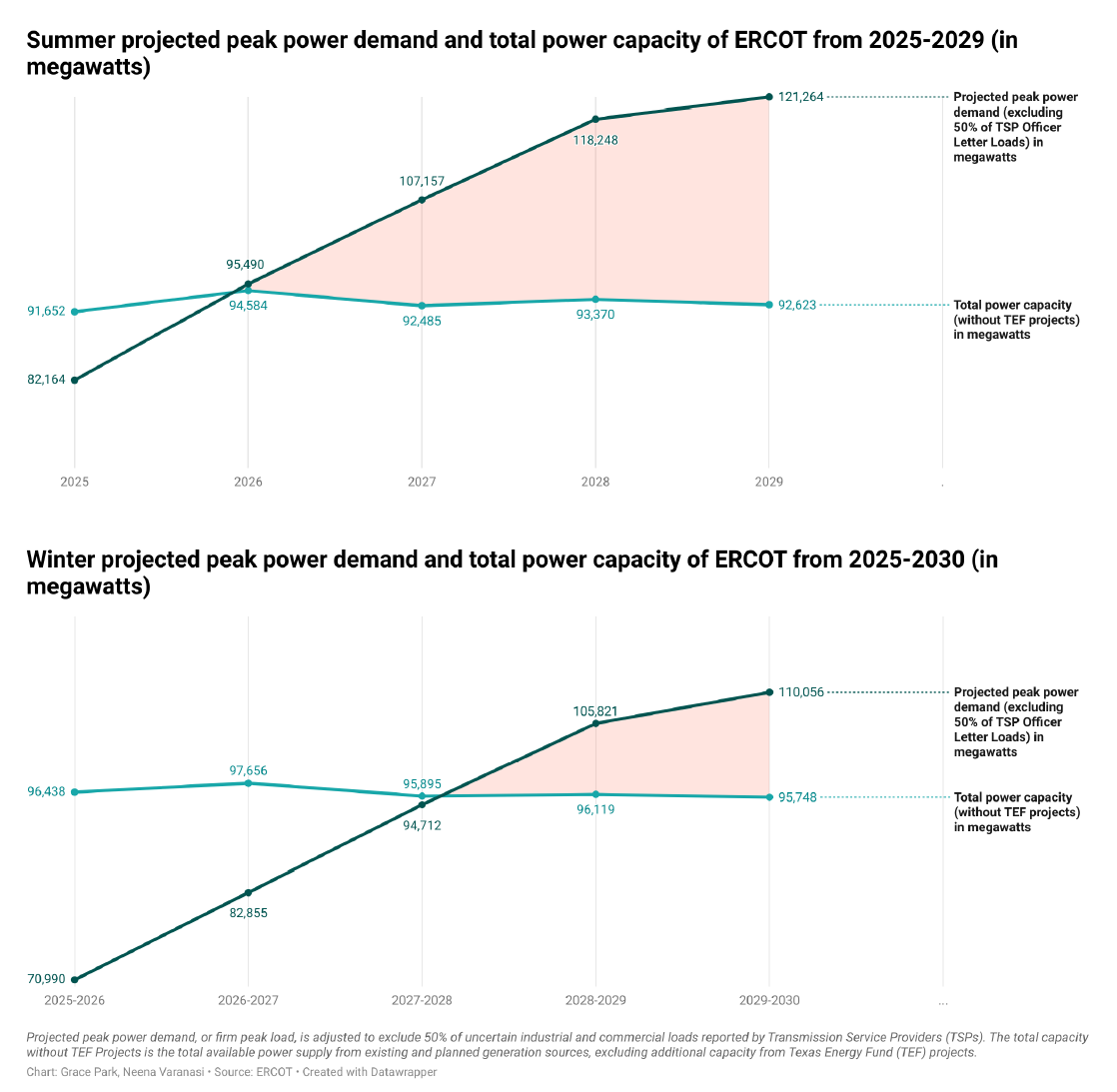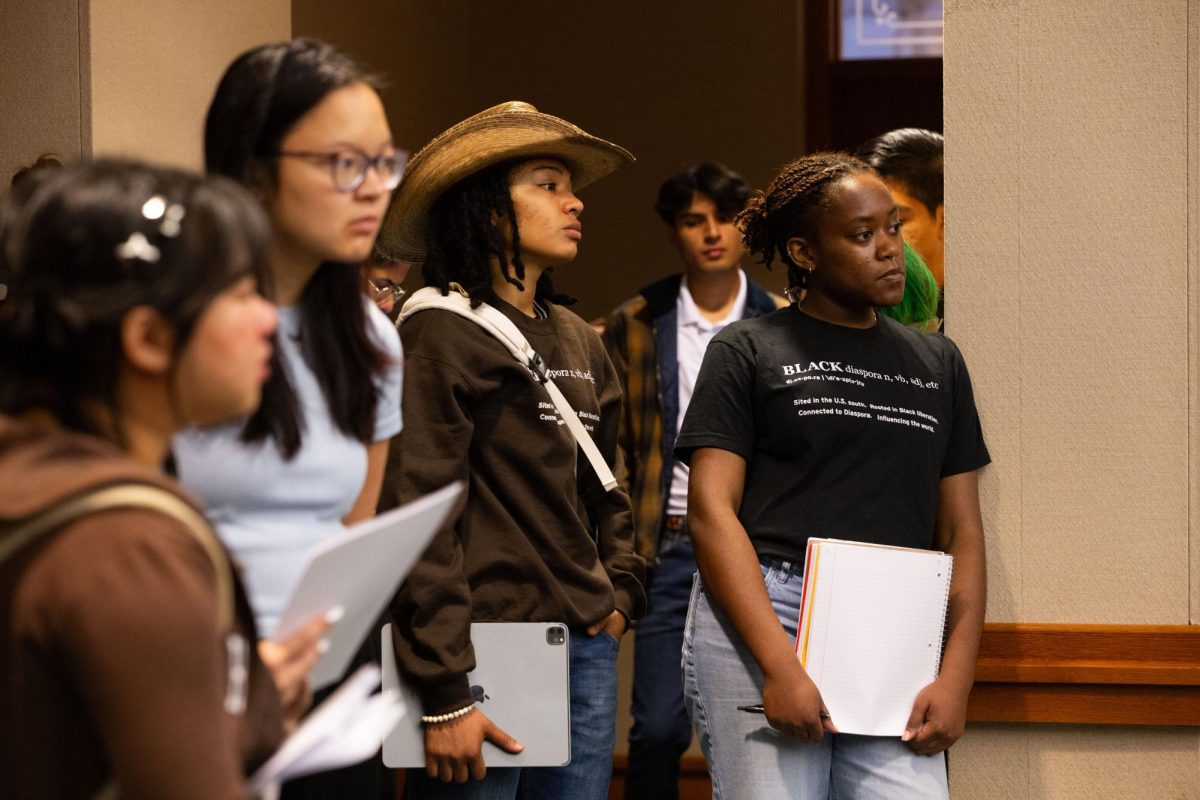The testimony of the first person sentenced to death on a “shaken baby syndrome” conviction to a state House committee was halted Oct. 21 by the Texas attorney general.
Robert Roberson was convicted in 2003 for the murder of his 2-year-old daughter based on a “shaken baby syndrome” diagnosis, a brain injury seen in infants and toddlers as a result of violent shaking.
Earlier this month, Gretchen Sween, Roberson’s attorney, filed a petition in the Texas Court of Criminal Appeals because the science used to convict Roberson had been disproven, according to the filing. The court denied the petition, and the U.S. Supreme Court subsequently refused to review it. Sween, a UT law alumna, said this places barriers to reversing unjust convictions.
“The fight to try to get an innocent person should not have to be this hard,” Sween said in a statement. “Texas law was changed 10 years ago to make it easier for people like (Roberson) to get a new trial when the science used to convict them has changed. But the courts do not appear to be applying that law as intended.” In response, the House Criminal Jurisprudence Committee unanimously subpoenaed Roberson to testify, hours before his scheduled execution, causing the Texas
Supreme Court to affirm a stay of the execution. Texas Attorney Gen. Ken Paxton said lawmakers overreached their authority, and Paxton blocked all attempts for Roberson to testify in person.
“A few legislators have grossly interfered with the justice system by disregarding the separation of powers outlined in the State Constitution,” Paxton said in an Oct. 23 press release. “They have created a Constitutional crisis on behalf of a man who beat his 2-year-old daughter to death.”
Sween said Roberson should testify in person, citing his difficulty with the technology necessary to testify virtually after spending two decades incarcerated.
“If the whole point was for the lawmakers to be able to assess his credibility, trying to do that over Zoom — something he has never used before during years of solitary confinement and at a facility with very erratic internet — would not have worked,” Sween said.
The legislature cannot force Paxton to let Roberson testify in person, and the attorney general is barred from executing him until the expiration of the Oct. 17 stay order, which currently does not have a set date, Sween said in an email. Joshua Blank, research director of the Texas Politics Project, said this stalemate is unlikely to shift.
“They’re pulling the levers that they have, (but) those levers are limited at this point,” Blank said. “All of the people involved in this have made the calculations and arrived at where they’ve arrived with full information about what they’re doing.”
Even with the conflict between the committee and Paxton, Sween said she’s determined to keep fighting for Roberson to testify in person and get him off death row.
“A new trial could have already happened by now if there had not been so many roadblocks over the past eight years of fighting to have voluminous exculpatory evidence heard,” Sween said. “No matter what, if you know you have a righteous cause and are getting up each day trying to do the right thing, just keep going.”




















